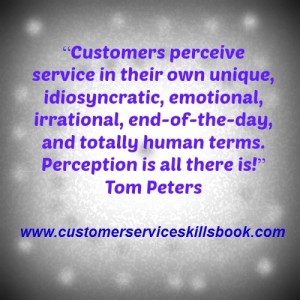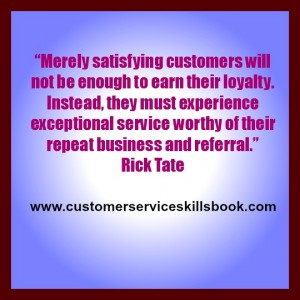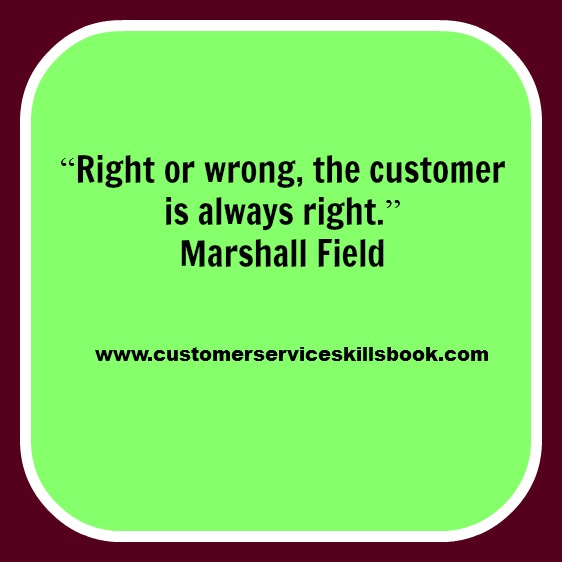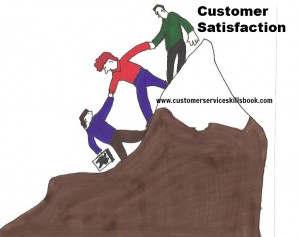Changing Consumer Values Are Impacting Customer Service
Throughout the world, there has been a tremendous amount of dynamic change in recent decades due to economic instability, quickly expanding and enhanced technology, global mobility where people move quickly and frequently, and other factors outlined in this chapter. The result has been a gradual shift in what many consumers hold near and dear or their values.
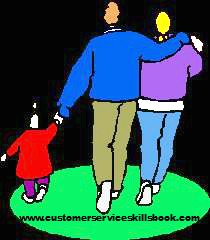
Because different societies view what is important from different perspectives, clashes can sometimes result when service providers encounter customers who have values that differ from their own. The important thing to remember in such situations is that neither the customer nor the provider has the “right” set of values, they are simply different and each respect and honor those of the other party.
As a result of societal values, companies often change their approach to doing business as a competitive strategy and to attract and hold customers. This often includes shifting the way they do business, the products that they deliver and their manner of customer service. For example, because many consumers are now more cost-conscious, ecologically aware, and value sustainability, many automobile manufacturers are developing vehicles that are more energy-efficient, use ecologically sensitive fuels and cost less. Examples of this trend are the Chevrolet Volt, Toyota Prius and Nissan Leaf.
Obviously, companies have lofty goals, such as, excellent customer service, generating more revenue, and improving quality of service, customer satisfaction, and customer retention levels.
For more thoughts and ideas on how to more effectively serve today’s diverse customer base, get a copy of Customer Service Skills for Success and Please Every Customer: Delivering Stellar Customer Service Across Cultures.


